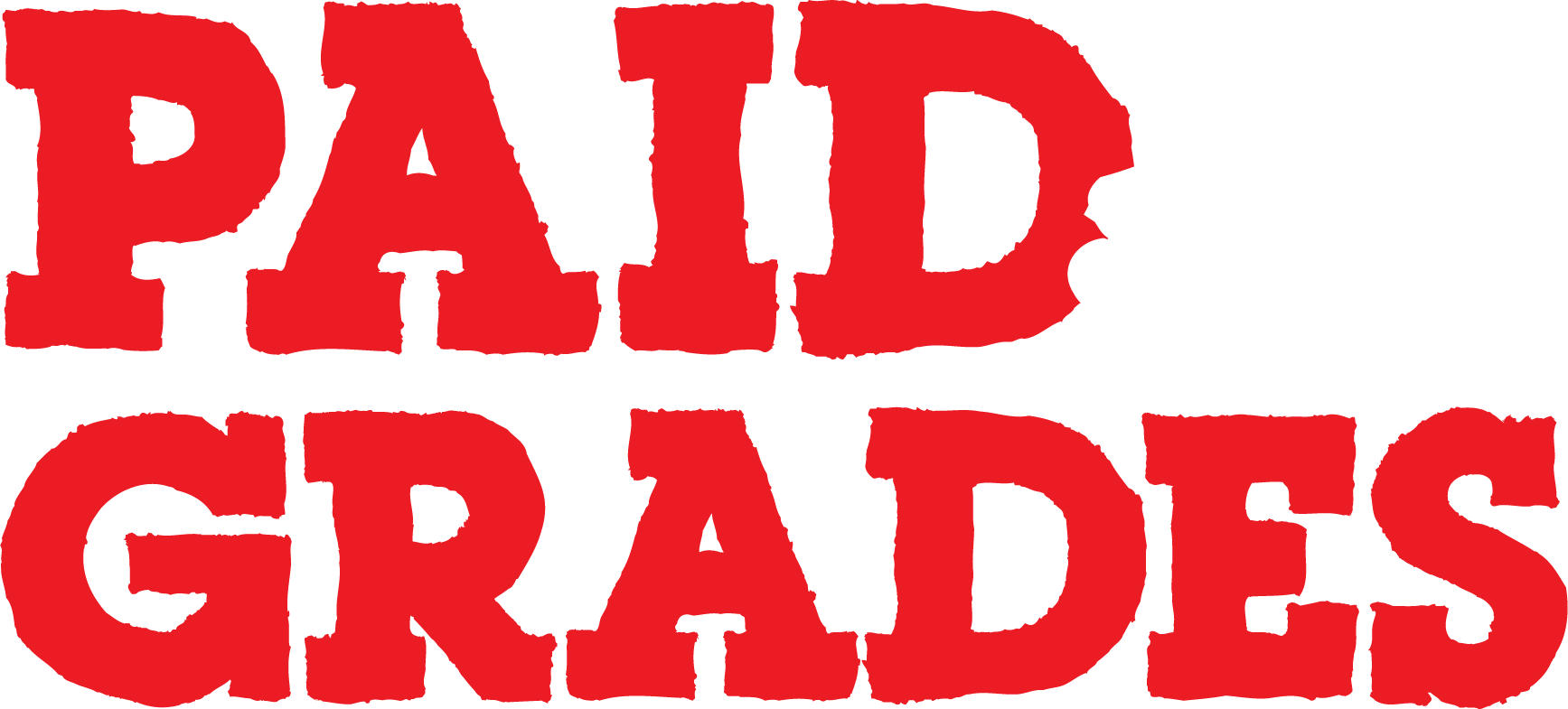In my last post, we explored all the basic information you need to crush your resume. Listing out your skills and credentials is just half of the process, though, because no great resume is complete without an equally-powerful cover letter.
What is a Cover Letter?
I can’t overstate how important your cover letter is.
You can think of your resume as a list of all the reasons why you’re qualified to do a certain job. Your cover letter, on the other hand, is where you argue why you should be the person hired. This is your opportunity to provide context for all that information you listed out on your resume.
A good cover letter should convey the idea that you’re not only qualified for the job, but you’re also charismatic, smart, and interesting. You have the kind of personality that will make a potential employer pick up the phone and call you…and here is where you show it off.
Of course, that can be easier said than done. After all, you don’t usually know the person you’re applying to, so you can’t be sure what will be most appealing. Plus, while talking about yourself comes natural to some people, plenty of others find it incredibly hard to do.
Not to worry, though: we’re going to do a deep dive on what should be in your cover letter and provide some helpful tips below.
What Should Go in My Cover Letter?
Just like your resume, we can break the cover letter down into a few key sections. I’d like to thank Glassdoor® for this helpful visual below:

As you can see, the basic format has three key paragraphs: and intro, a body, and a closer. Of course, you’re not required to stick to this formula; feel free to change it up if you have a different, more unique idea. One way or another, though, you still want to make sure to cover these three fundamental sections:
- Intro: Make your cover letter stand out from all the others in the stack with an eye-catching opener. Show that you know who the company is, what they do, and why you’re the best person for the job. Also, mention here if anyone referred you for the position.
- Body: The first paragraph is your sales pitch, but here’s where you reinforce it with relevant stats, achievements, and other information. You want to offer concrete benefits to hiring you; an example would be something like, “I did x, and it saved our company y amount of money.”
- Closer: Sum up your argument, but don’t just repeat yourself. Instead, use this as an opportunity to drive your point home. Leave the recruiter thinking that you would be a great asset to the team and you’d really help them grow.
Remember: what you say carries equal weight with how you say it. Be as concise as possible, and always remain focused on the value you offer your potential employer. Your entire cover letter shouldn’t take any longer than 20 seconds to read, and it should never be longer than one page under any circumstances.
Tips to Perfect Your Cover Letter
Ready to get started writing? Keep these tips in mind as you work:
#1. Be Honest
Sure, you want to talk yourself up and convince the recruiter to hire you…but that doesn’t mean you should stretch the truth. Be honest about your accomplishments, skills, and experience. Otherwise, you could land in hot water later when your boss finds you don’t have the expertise you promised.
#2. Catch the Reader’s Attention
Don’t open with “I’m interested in applying for…” You submitted the application, which means the recruiter already knows you’re interested in applying for a position. You want something interesting that will make the person keep reading, ideally something demonstrating what you can offer your potential employer right from the start. Don’t get cheesy with it, though.
#3. Show Off Your Skills
Look at the job description and pick out a couple of the key qualities the recruiter is looking for. You want to use your cover letter to show that you have those skills. Explain how your experience makes you a strong candidate, and back it up with real, useful data to drive the message home.
#4. Don’t Turn-In Your Resume Twice
Your cover letter isn’t here to simply restate what’s listed in your resume. Yes, you want to talk about that experience, but you’re not just restating it in paragraph form. Instead, you need to explain how it relates directly to the job you want now and why it makes you a great option.
#5. Address Your Letter
Do you know who will be reading your resume? If so, address the cover letter directly to that person, rather than providing a generic “Dear Sir or Madam”-type intro. This will score you some instant points, and it will show that you care enough to research the company before applying.
#6. Proofread & Proofread Again
For a cover letter, there’s no faster shortcut to the recycling bin than misspellings and typos. Proofread your cover letter multiple times, and ask at least two other people to review it and make suggestions as well.
